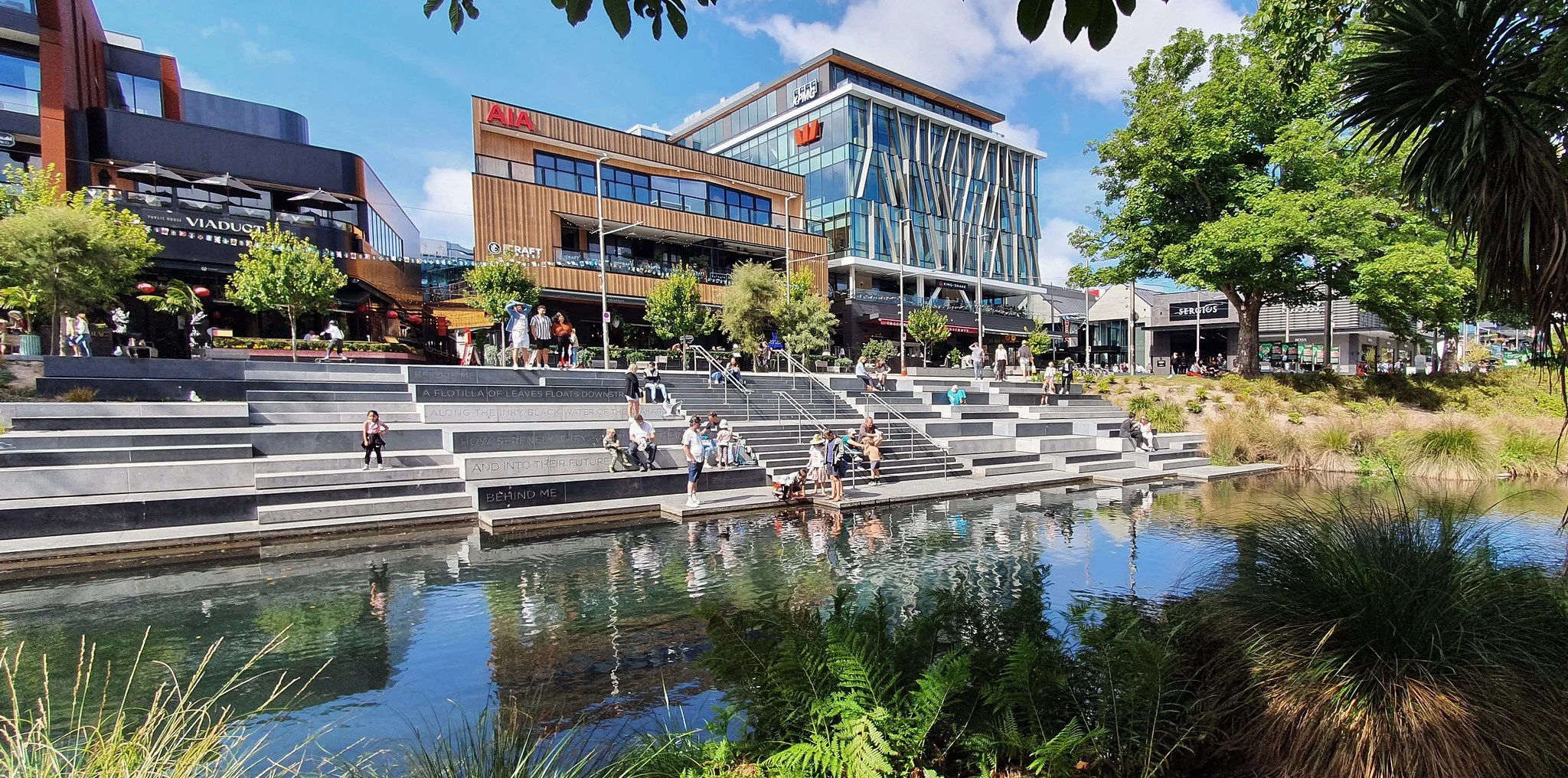Why recovery is a core economic development skill
Crises have a way of revealing what really matters, and what no longer works. But what happens next is just as important.
In the aftermath of a crisis, communities often default to one of two instincts: repair the damage as quickly as possible, or freeze, waiting for things to return to normal. But both responses can miss the opportunity that sits quietly beneath the disruption: the chance to build something better.
Recovery is more than just fixing what’s broken. Done well, it can be one of the most powerful tools in the economic development toolbox.
Recovery as transformation
After the 2011 earthquakes in Christchurch, city leaders made a bold choice: rather than simply rebuild what was lost, they reimagined the city’s future. The recovery process became an engine for urban innovation - from participatory planning processes to a revitalised city centre with high-quality public space and stronger environmental considerations.
This wasn’t just resilience. It was renewal.
In writing Recovery: How we can create a better, brighter future after a crisis, I explored how communities around the world have turned crisis into transformation. The most successful didn’t just respond. They reset - using recovery as a launchpad for long-term change.
The patterns were clear. These recoveries were shaped by:
A clear vision for the future
A willingness to invest and experiment
Strong leadership and coordination
Deep community and business engagement
A balance of urgency with long-term thinking
Christchurch has been reimagined following the 2011 earthquakes. The Avon River precinct.
What Melbourne taught me
During Melbourne’s recovery from COVID-19 - after one of the world’s longest lockdowns - we had to confront this question head-on. The city’s economy, especially its central core, was hit hard. Office towers emptied. Foot traffic vanished. Small businesses struggled.
But from that disruption came a rare opportunity: to rethink what kind of economy the city wanted to become. Recovery wasn’t just about reopening; it was about repositioning.
We backed new sectors, revitalised high streets, supported entrepreneurs, and put culture, inclusion and innovation at the centre of our response. Some reflections on that experience are captured in this article, written while the lessons were still fresh.
The key lesson? Recovery is economic development - at speed, under pressure, and with the stakes raised.
Why this matters now
In the past, recovery was treated as an edge case. Something rare, best left to emergency teams and insurance frameworks.
That view no longer holds. From climate-related disasters to industry collapse, geopolitical shocks to economic disruption, recovery is now part of the cycle of change - and it’s happening more often.
This means economic development leaders need to be ready. Ready to act quickly. And ready to shape recovery as a platform for structural progress.
This raises some critical questions for every local or regional leader:
Do we know what kind of economy we want to build - before the next disruption hits?
Are we building the right coalitions now, so they can move quickly in a crisis?
Are we set up to listen well - and to act with purpose and coordination?
And are we investing in the capabilities we’ll need - not just to respond, but to reimagine?
A final thought
Recovery moments are never easy. But they can be powerful. They create urgency. They suspend business-as-usual. And they make possible changes that once felt too hard.
Handled well, recovery is not just a detour from economic development; it’s the most important part of the job.
If your region or industry is navigating recovery or preparing for future disruption, it can help to have an experienced guide. At Econovation, this is one of the areas we care most deeply about, and where we’ve seen what’s possible when recovery becomes a launchpad for renewal.
Contact Andrew Wear (andrew.wear@econovation.com.au) for a discussion on how Econovation might be able to help.

